Details
Overview
Butlr.net (pronounced “Butler”) was an entrepreneurial venture I co-founded, aimed at creating a community-driven help network. The concept was similar in spirit to platforms like TaskRabbit or local classifieds, but with its own twist. We envisioned Butlr as a marketplace for everyday tasks and errands – a place where “Task Seekers” (people who needed help with something) could easily find “Task Doers” (people in the community willing to help for a reward or payment). This ranged from simple errands like picking up groceries, assembling furniture, or walking someone’s dog, to seeking advice or tutoring. The tagline “The Help Network” captures the essence: it’s about neighbors helping neighbors, and building a network of trust and assistance.
As the founder and CEO, I wore many hats: I led the product design, shaped the business strategy, coordinated development, and handled marketing and community outreach. It was a full-spectrum experience in building a product from the ground up.
Goal
The ultimate goal for Butlr was to make it easy and safe for people to get help with tasks and to earn money by helping others. We wanted to lower the barrier for asking for help – instead of feeling stuck or hiring expensive professional services, you could turn to your local community via our app. At the same time, someone looking to earn extra income or just enjoy helping could find opportunities nearby. Key goals included:
Ease of Use: The platform needed to be extremely simple to use. Posting a task or finding a task should be as straightforward as writing a brief description and clicking a button. We aimed for even non-tech-savvy users (like an elderly person needing help gardening) to find it accessible.
Trust & Safety: Since this involves real people meeting and transacting, building trust was paramount. We needed features like user profiles with ratings/reviews, verification mechanisms, and secure payment handling to ensure safety and confidence for both parties.
Community Building: Beyond the transactions, we wanted to cultivate a sense of community. Ideally, Butlr would not just be a gig marketplace, but something that encourages genuine human connection – for example, someone might regularly request the same helper if they trust them, forging a neighborly bond.
Scalability: As a startup, we wanted to build the product to serve one city or region first, but with the intention that the model could scale to other regions. So the design and architecture had to accommodate growth, geographic filtering, and scaling of the user base.
Challenges
Two-Sided Marketplace
We faced the classic chicken-and-egg dilemma: no tasks meant no helpers, and no helpers meant no tasks. Seeding initial activity on both sides was a strategic challenge.
Trust & Safety
Getting users to trust strangers with personal tasks was a major hurdle. We designed trust signals like verified profiles, reviews, and secure payments to build confidence.
Balancing Simplicity & Detail
Task types varied widely, so we had to collect just enough info to match expectations without overwhelming users. Striking that balance in the UI took iteration.
Payment Experience
We needed a secure, easy-to-use payment system. Transitioning users from informal cash exchanges to a digital escrow-based platform required clear communication and trust-building.
Differentiation
With competitors already in the space, we positioned Butlr as friendly, local, and community-driven — emphasizing simplicity and usability over complexity.
Startup Constraints
With limited time and budget, we focused on high-impact features first, deferring nice-to-haves (like advanced verifications or insurance) until later growth stages.

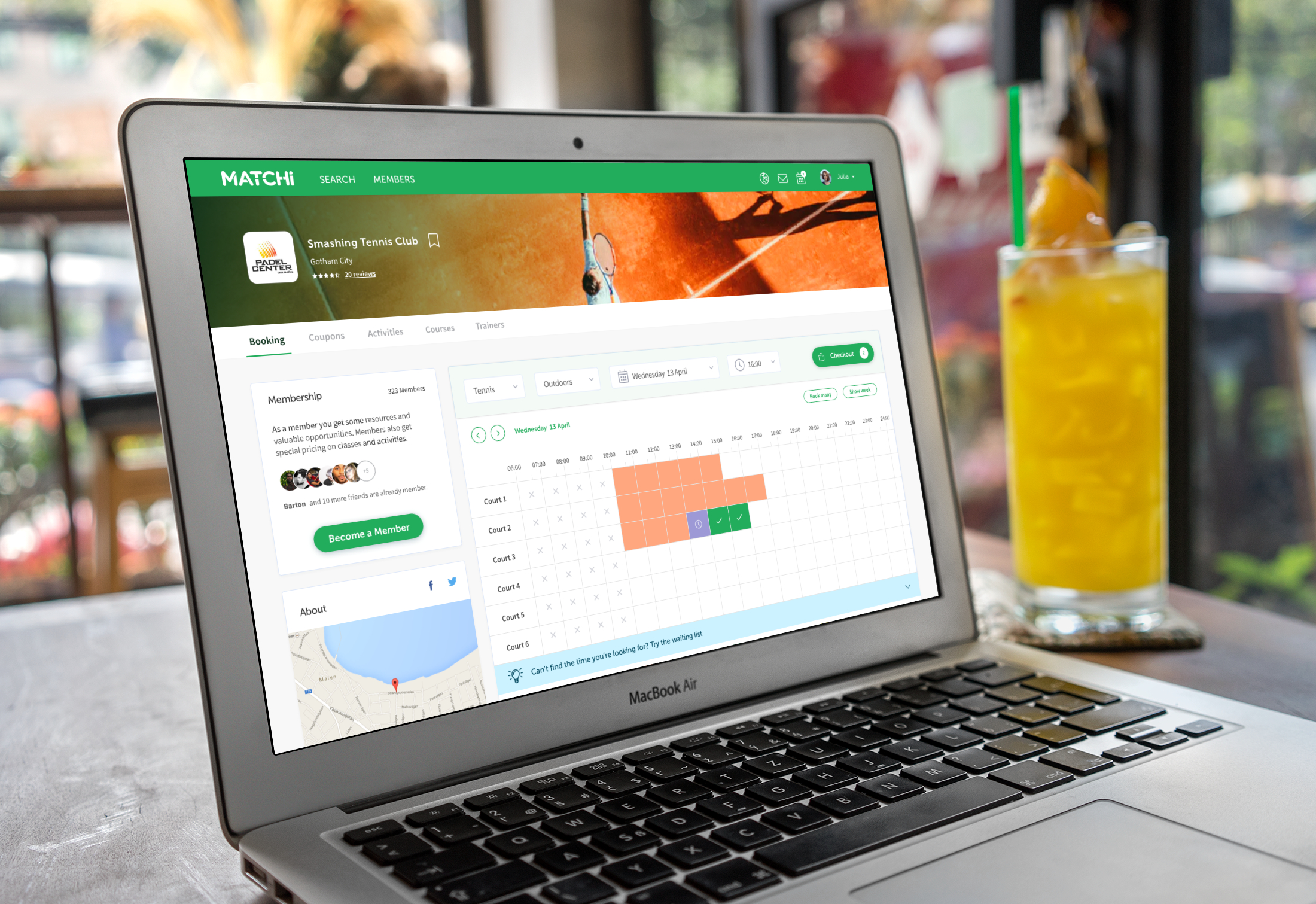
Solutions & Key Features
User Profiles & Ratings
Two-way reviews and verification badges built accountability and trust. Profiles highlighted completed tasks, ratings, and bios.
Simple Task Posting
Posting a task was fast and friendly, with clear prompts and optional fixed-price or bid-based models.
Task Discovery & Bidding
Helpers browsed local tasks via feed, filters, or map view. Built-in chat enabled clarifying questions before accepting or bidding.
Smart Matching & Notifications
Relevant tasks were pushed to nearby qualified helpers via notifications, helping drive engagement early on.
Escrow-Based Payments
We integrated secure payments with escrow logic—funds held on task acceptance, released on completion. Fees were transparent.
In-App Coordination
Tasks had built-in chat, status updates, and confirmation flows, keeping communication centralized and safe.
Search & Map View
A map view helped users find or offer help nearby. Posters could also invite top-rated helpers directly.
Friendly Notifications
Push and email updates kept users informed about bids, task changes, and reminders in a warm, community tone.
Impact & Outcome
Launching Butlr was a deeply rewarding — and humbling — experience. In our pilot city, we onboarded several hundred users and facilitated dozens of successful tasks within the first couple of months. We saw small but meaningful stories unfold: a student earning side income helping seniors, families getting support with errands, and neighbors connecting in new ways. The core idea clearly resonated.
Some key outcomes and learnings:
Concept Validation
Users responded positively to the platform’s local, approachable feel. Helpers appreciated the flexibility to earn on their own terms, and many users said, “I’ve been looking for something like this!”
Building Trust
Our two-way review system, verified profiles, and secure payments helped people feel safe giving it a try. Tasks involving home access took longer to gain traction — showing how vital trust-building is in peer-to-peer services.
Community & Retention
Real-world events and product features like “favorite helpers” fostered ongoing relationships. When someone found a great helper, they often came back for repeat tasks — a strong signal for product stickiness.
Rapid Iteration
We quickly iterated based on user feedback, adding features like task photos and simplifying onboarding to improve usability and task conversion.
Startup Lessons
I learned how critical early marketing is for marketplaces. Product-market fit isn’t enough without traction, and gaining that traction — especially without big ad budgets — was tough. Still, I gained valuable insight into monetization, support, and marketplace dynamics.
The Hard Part
Despite initial traction, we couldn’t secure the funding needed to scale. And after two years of pushing hard across design, development, marketing, and operations, I was burnt out. A few months after launch, we made the difficult decision to shut the project down.
Conclusion
Butlr didn’t become the unicorn I hoped for — and that’s okay. It was a crash course in product leadership, startup realities, and the human side of building tech. I wore many hats: founder, designer, PM, developer, marketer — and learned what it really takes to ship and grow a digital product from scratch.
From a design lens, Butlr sharpened my ability to balance simplicity, flexibility, and trust — especially in a peer-to-peer context where every decision affects real people’s time, money, and sense of safety.
While the outcome was different than planned, I’m proud of what we built and the people we helped — and grateful for the hard-won lessons I now bring to every new project.
Selected Works
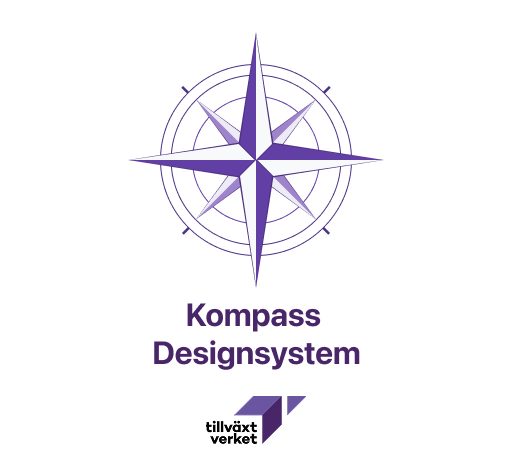
Tillväxtverket - Kompass Design SystemDesign System
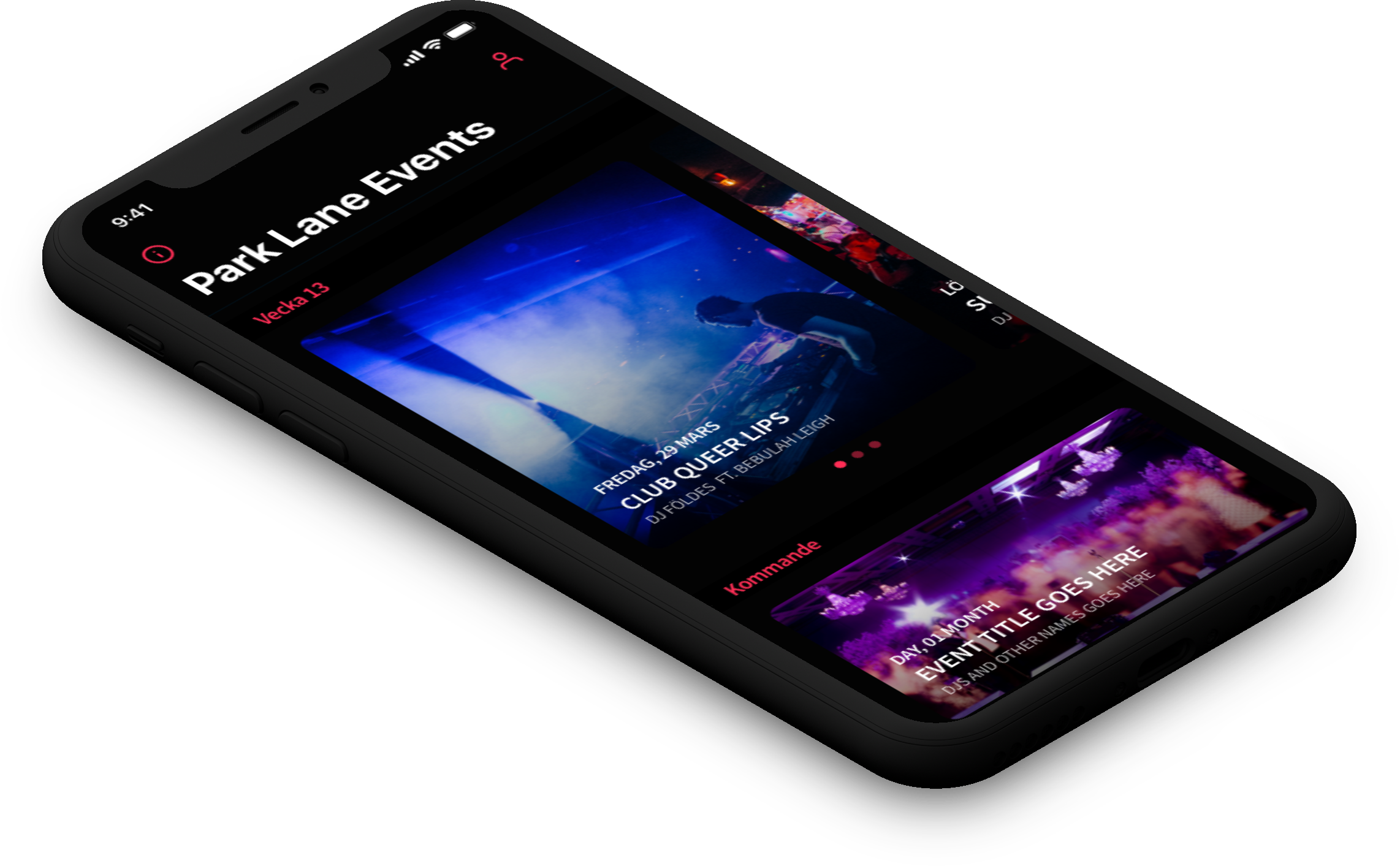
Park LaneMobile App

Stena Line - NemoAdmin Dashboard
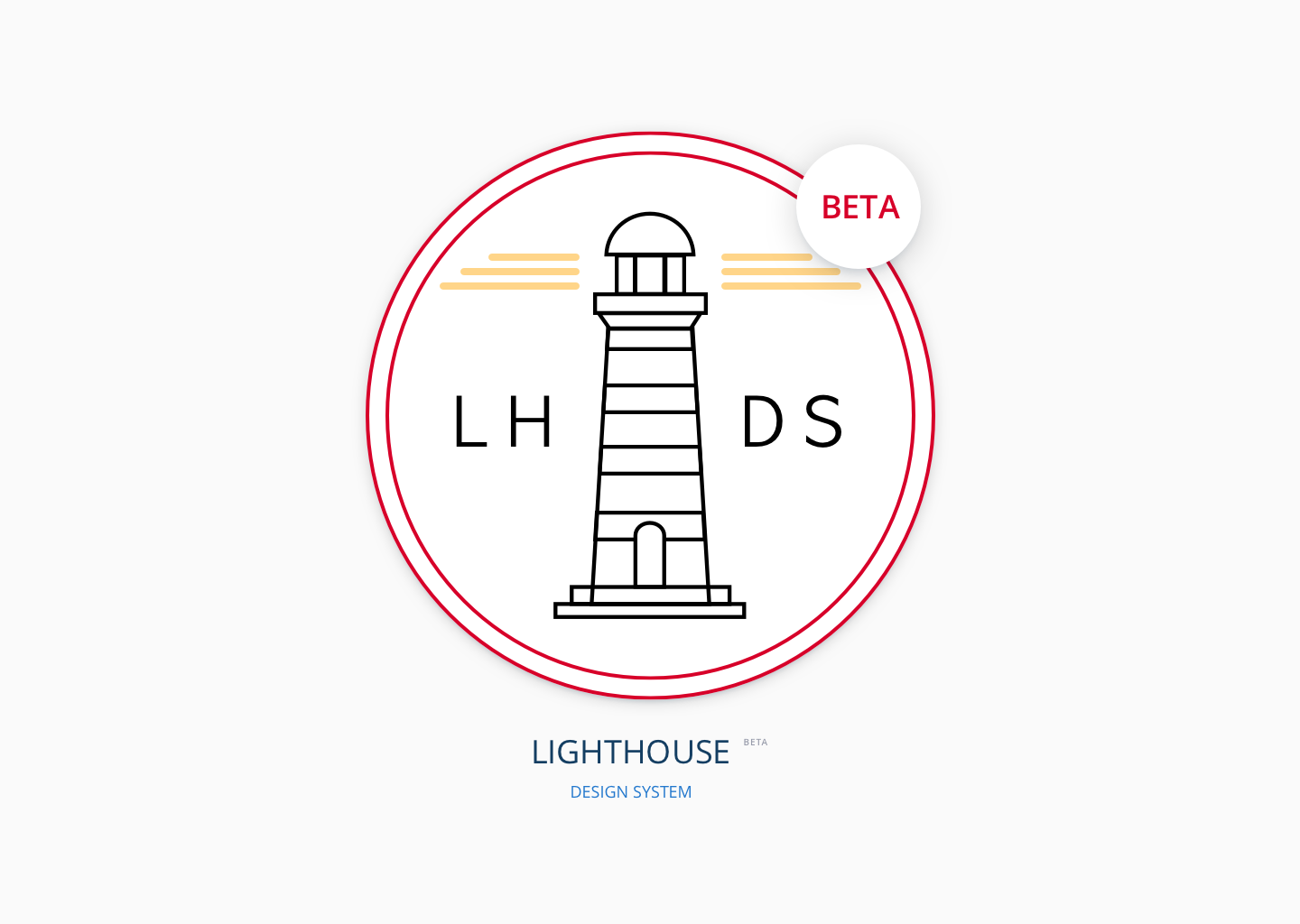
Lighthouse Design SystemDesign System
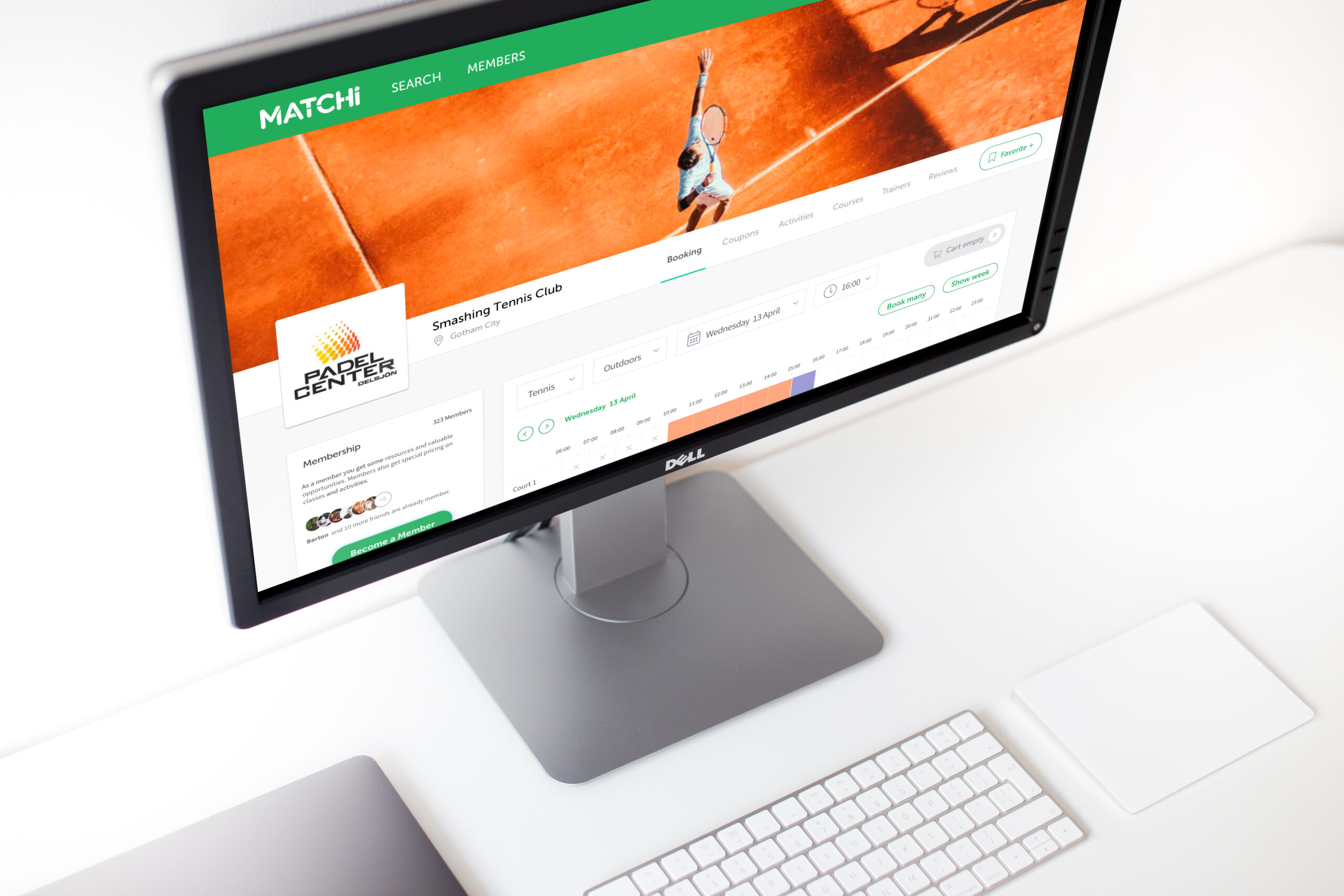
MatchiWeb App
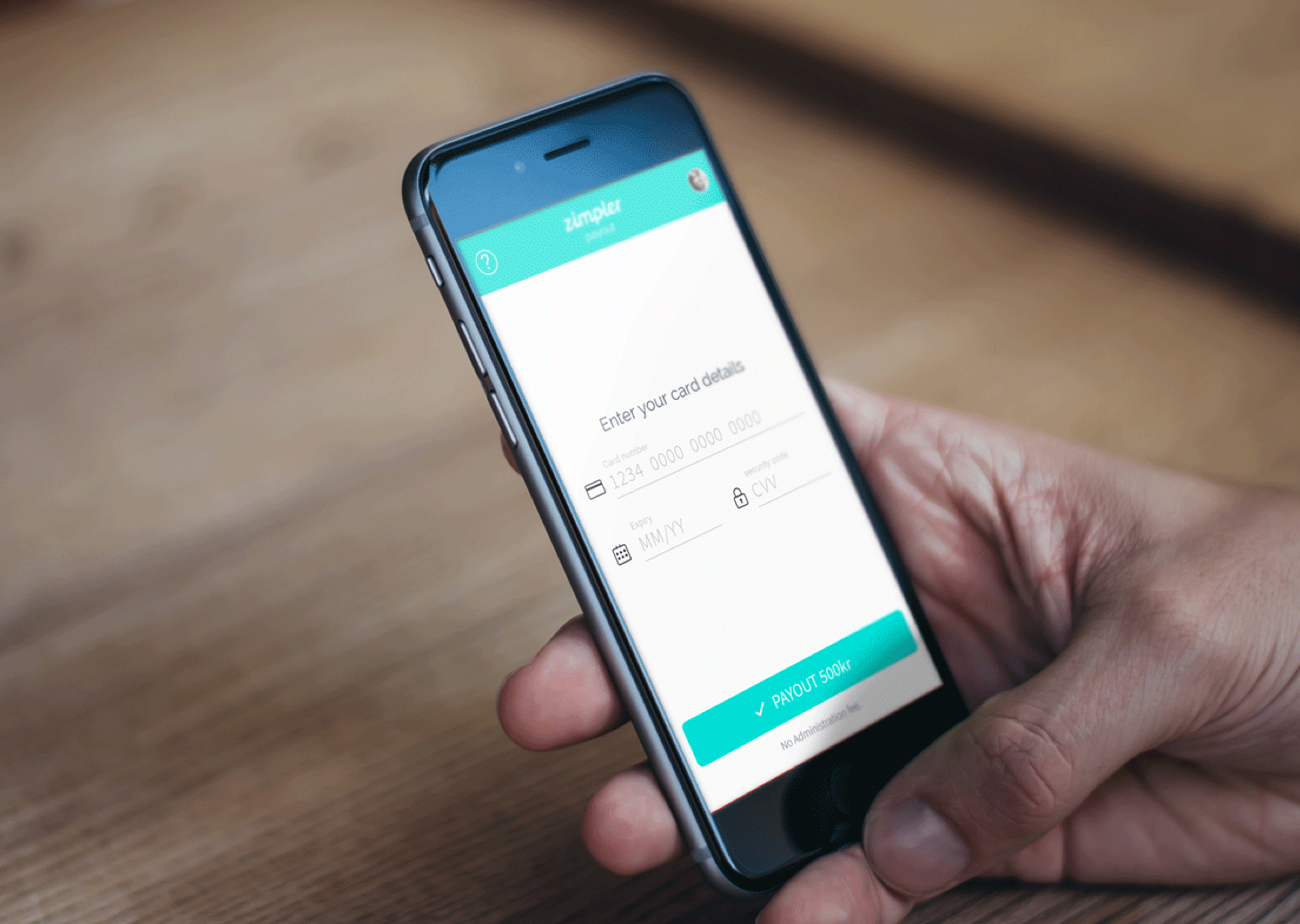
Zimpler - Mobile PaymentsResponsive Design
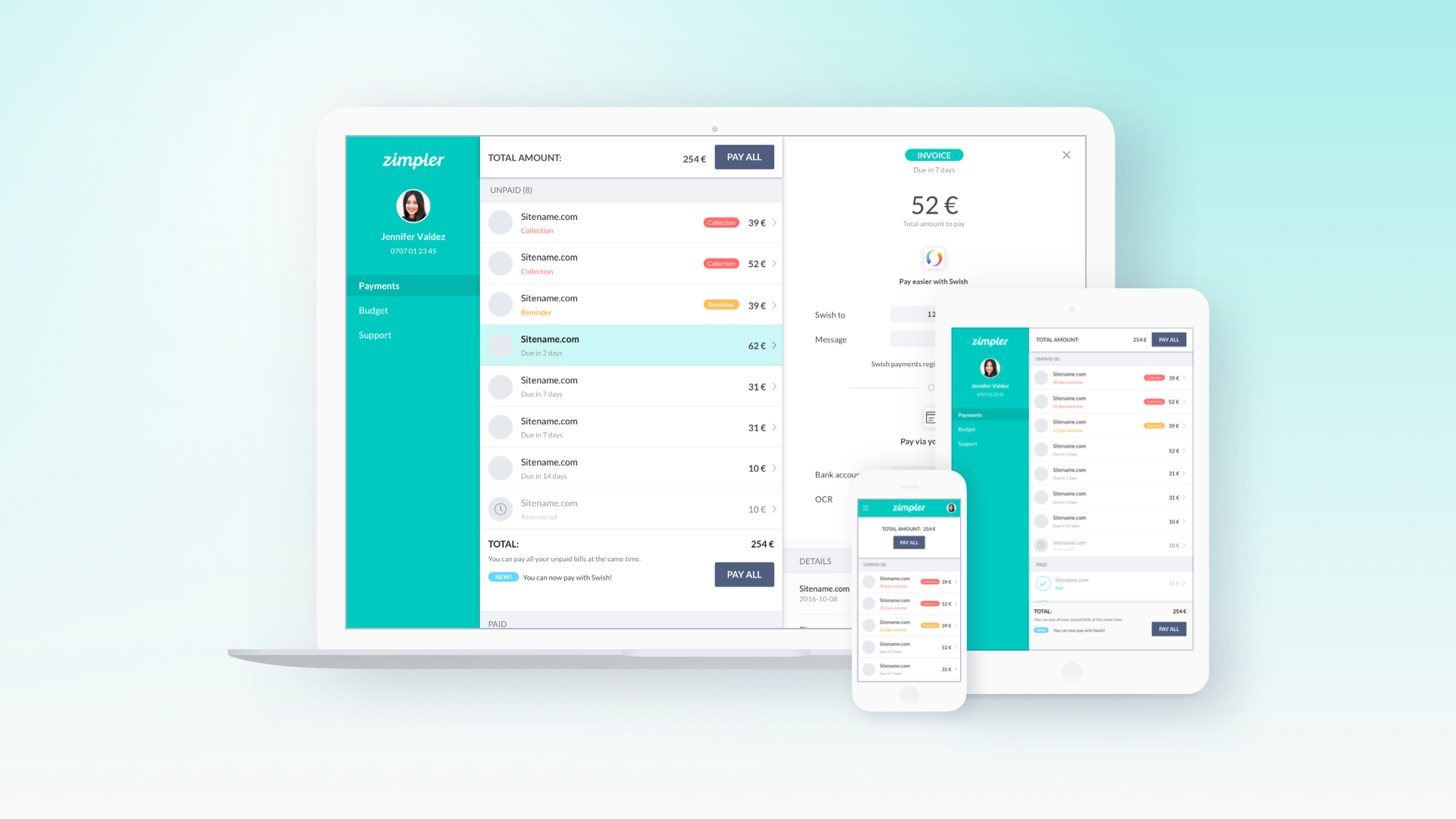
Zimpler - User PortalWeb App
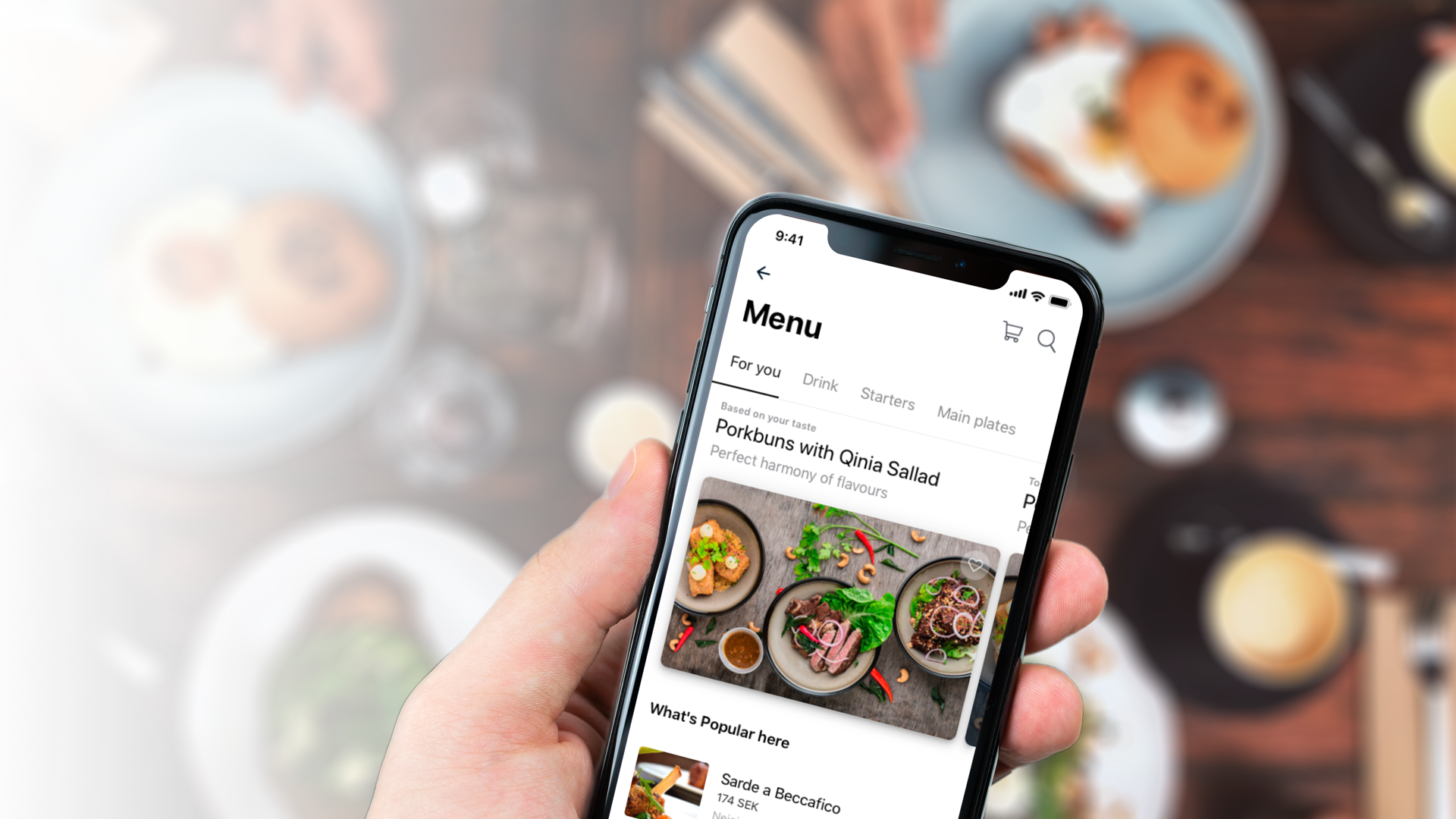
QitchMobile App
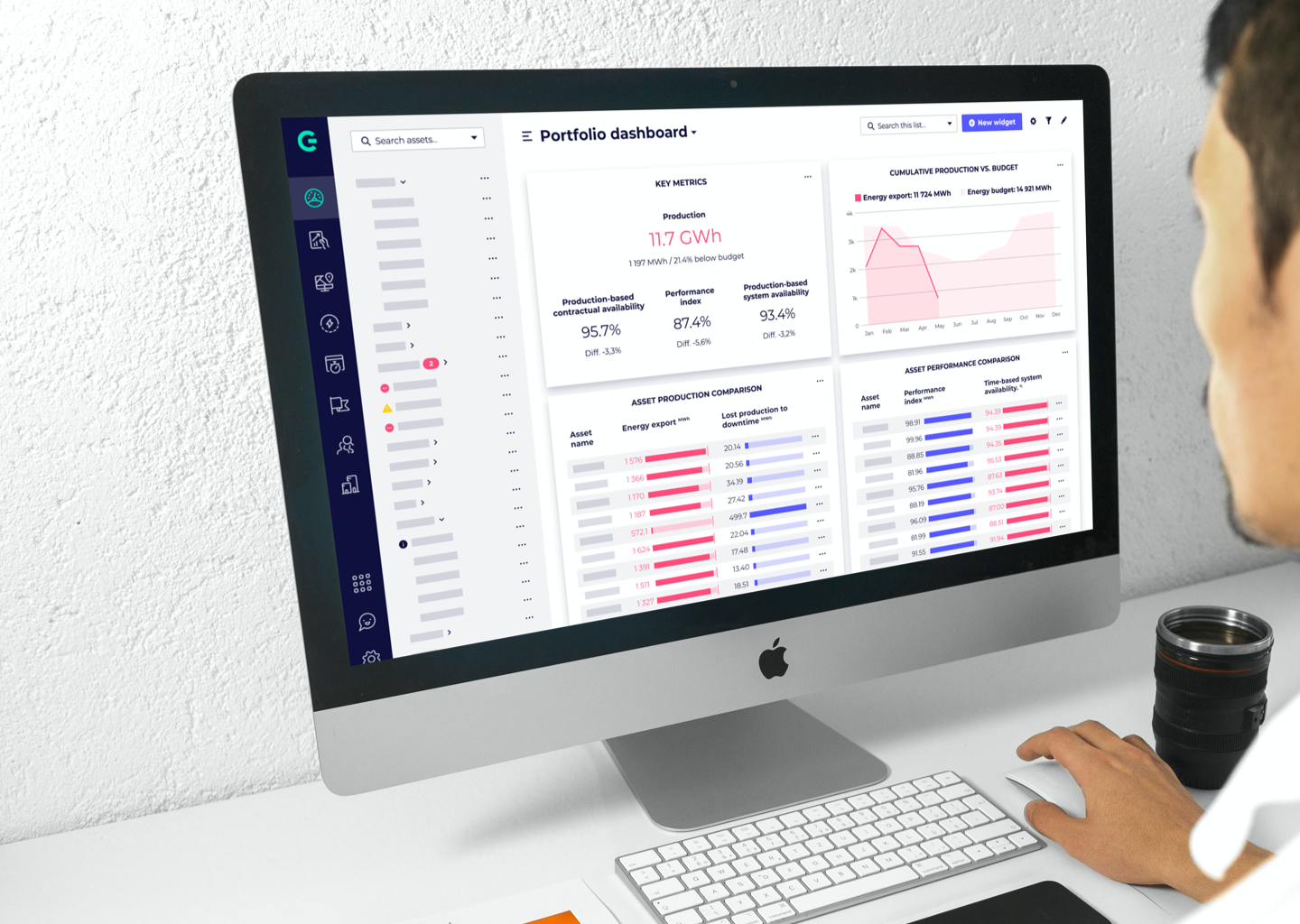
GreenbyteWeb App Dashboard
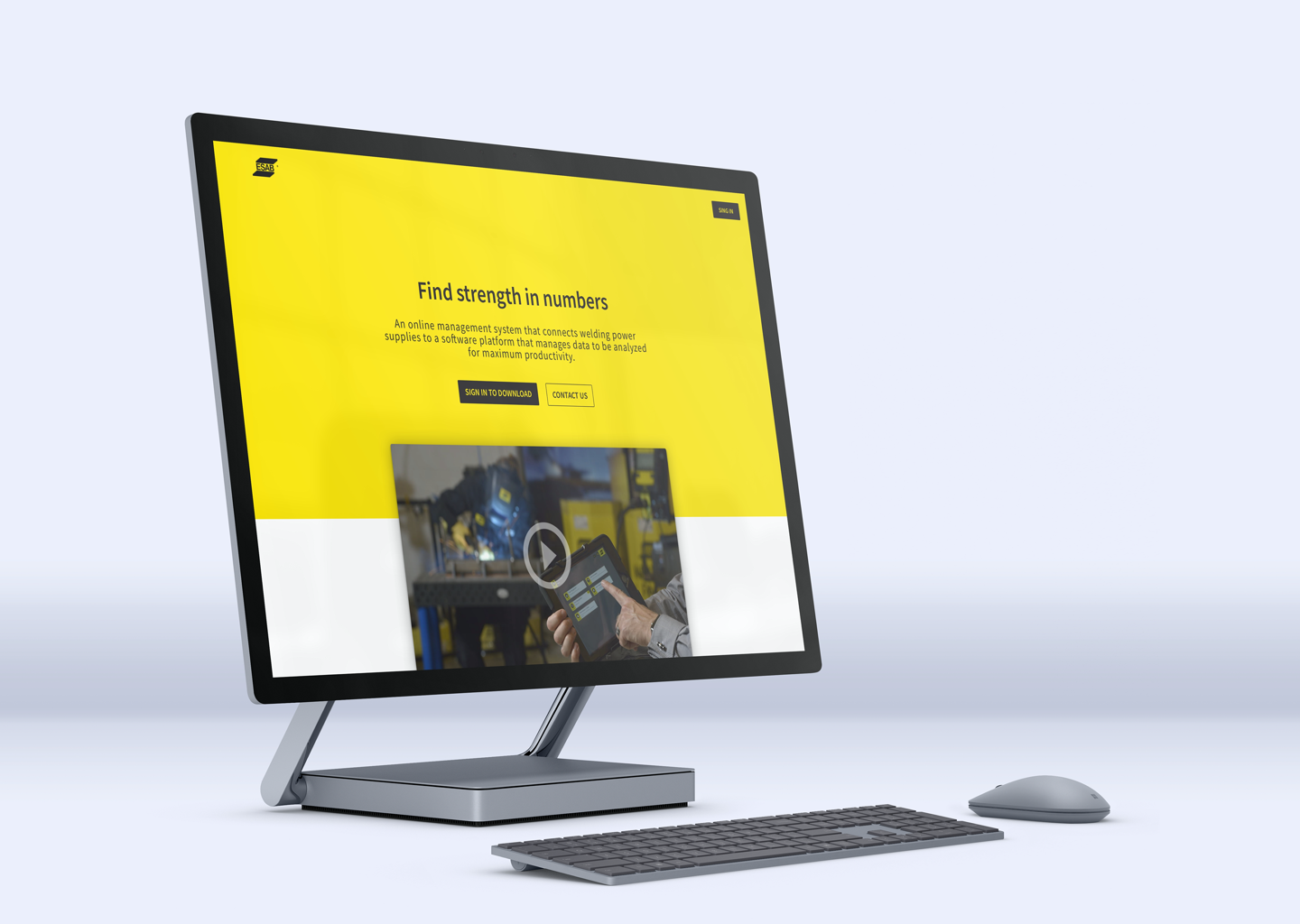
Esab - WeldCloudWeb App
Contact
If you’re looking to hire a product designer, I’d love to chat. I particularly enjoy working with small to medium-sized companies that have an excellent culture. Let’s connect!
